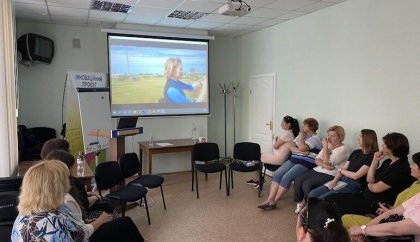
A Docudays UA documentary film club has been active for 10 years in the town of Kamianske in the Dnipro region. It was created by Vasyl Shestakov, local activist and head of the NGO “Pravoprostir.”
Why are the residents of Kamianske and other towns and villages in the region interested in documentary films? How does the film club change the community and people's lives? Vasyl Shestakov explains how documentary films affect people.
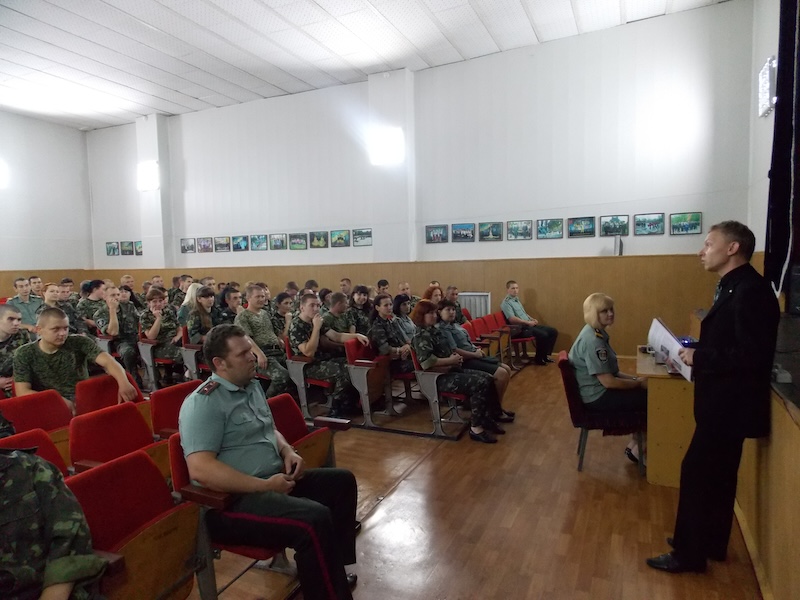
“It all started by chance. In 2014, I was working at the Dniprodzerzhynsk School for Professional Training of the State Criminal Executive Service of Ukraine. We were invited to Kyiv to attend the Docudays UA International Human Rights Documentary Film Festival. At the festival, we watched films about human rights and discussed them. It was extremely interesting, but I honestly did not understand how to work with these films,” Vasyl Shestakov recalls.
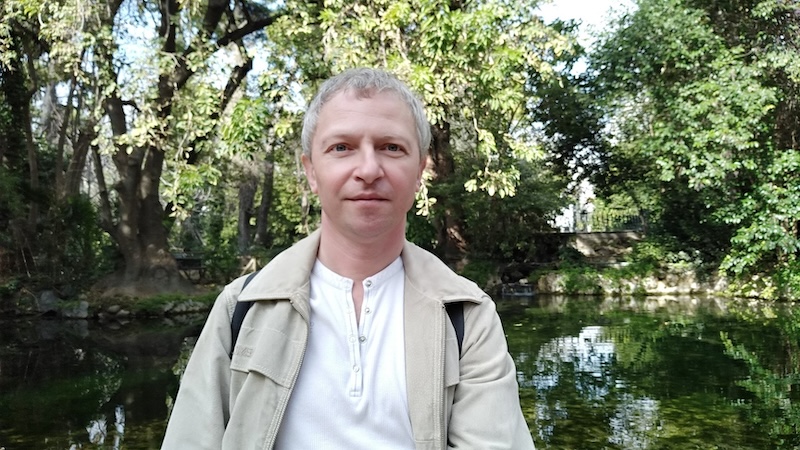
Nevertheless, he applied to the DOCU/CLUB Network and registered the Docudays UA film club in Kamianske. The first film screened by the moderator was “The Mat” by Andriy Rohanskyi. This film from 2010 tells the story of a man who was tortured by the police in order to obtain a confession to a crime he did not commit. “It was a difficult film, but it touched the audience! We started a very frank and deep conversation,” says the film club moderator. “For the first time, I realized that documentaries are a powerful impetus for reflection. People start reflecting on what they have seen and felt. During a discussion at the film club, everyone can immediately speak their mind and hear the opinions of other people. This is how cinema becomes an impetus for changing people's minds.”
Vasyl Shestakov started organizing offsite meetings for the film club. He organized screenings for wards and staff of Kamianske Colony for Juvenile Offenders No. 34, established cooperation with the State Penitentiary Service, and began working with teachers at educational institutions.
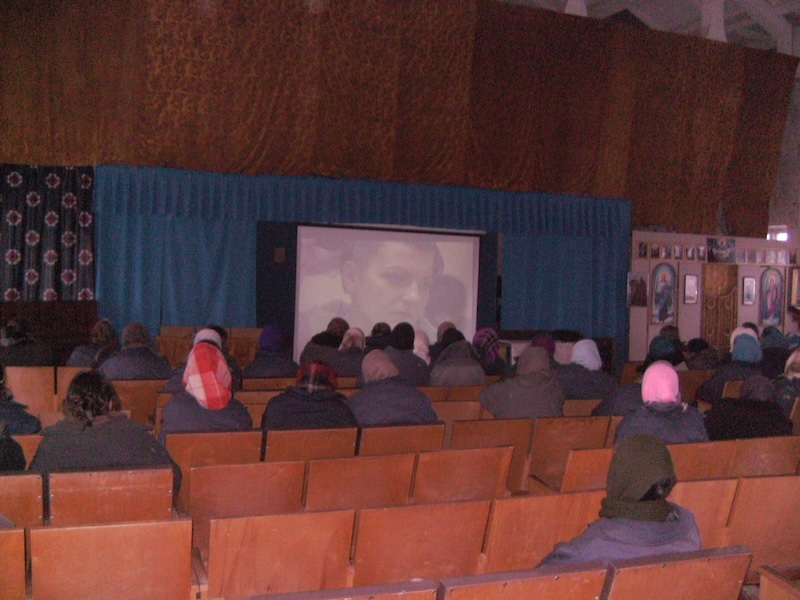
“I am amazed by changes in people after watching and discussing documentaries,” says the head of the film club. “I'll share just one story. About 5-6 years ago, I showed my students ‘Khottabych and His Team’ by Serhiy Lysenko. We were discussing volunteering and human dignity. Among the audience, there was a girl who came to the screening for the first time and actively participated in the discussion of the film. After the pandemic started, she joined the online meetings of the film club. The full-scale invasion caught her in Kharkiv, where she began to actively volunteer and help families with small children. She has spent some time abroad, and several months ago, she returned to Kamianske and got a job at the State Penitentiary Service. She works to ensure that convicts have a chance to reform and return to normal life in society. Recently, this girl came to our screening again. It was very valuable for me to hear that her path to volunteering and working with convicts began with a conversation about human dignity at her first film screening at the club.”
Vasyl Shestakov no longer keeps count of the meetings he has held and the number of viewers who have joined the screenings. Their quantity has long reached tens of thousands. He says that, after the outbreak of full-scale war, he got a new important audience – internally displaced persons. People who lost their homes or were forced to change their place of residence come to the film club to meet each other, find friends and a new circle of acquaintances. Vasyl Shestakov sets an ambitious goal for himself: to integrate the displaced into the new community through the film club.
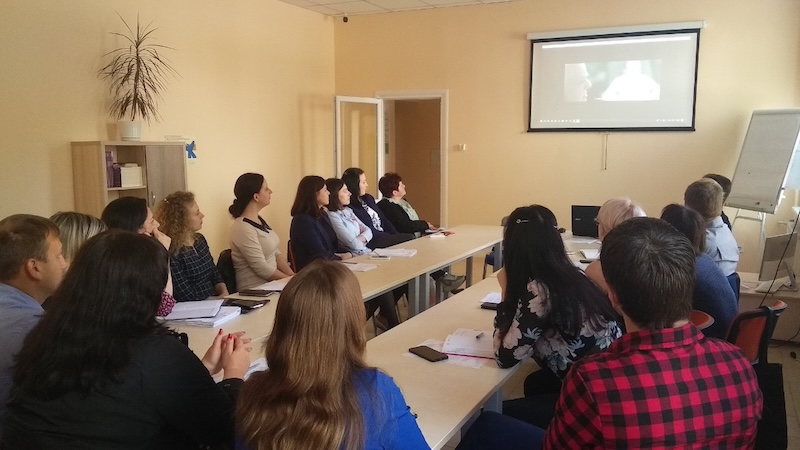
“For the past two and a half years, the main goal of our NGO and the film club has been to invigorate civic activity in the city, so that people realize they can be the impetus for any changes in the country. Of course, the state has obligations to its citizens. But everyone should remember that we have to be active in order to change the country,” the moderator is convinced.
He is working to bring together community residents and engage active IDPs to jointly resolve issues that are relevant to the community. “The idea is to provide people with the necessary knowledge,” says Vasyl Shestakov. ”We have divided the project into several stages. At the first stage, we teach them to work in a team and resolve conflict situations. At the second stage, we teach them to identify issues and look for practical ways to solve them. And finally, we teach how to start NGOs, analyze the causes and consequences of problems, determine a strategy for solving them, plan step-by-step activities, and suggest where to look for sources of financing. We are planning to launch 2 or 3 NGOs in the city that would involve IDPs and local residents who’d work together to improve their living standards.”
Vasyl Shestakov is confident that this will have a significant impact on life in the community, because the film club helps people learn to solve problems together for the sake of their environment, community, and themselves. Documentary films bring together and unite active people, encouraging them to search for new ideas and solutions.
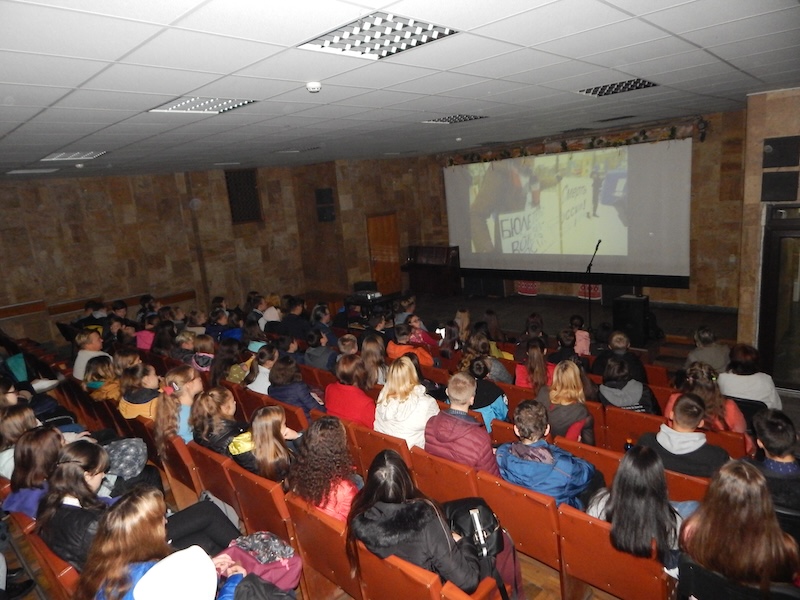
“People are interested in watching documentary films. Why? Because they tell about issues all around the world and show possible solutions,” says Vasyl Shestakov. ”It's part of our human nature: if I can't solve an issue on my own, I have to talk to someone about it and find support. The film club helps in this search. I see how films instill people with confidence that they can change their lives for the better. Then, they pass this confidence on to others.”
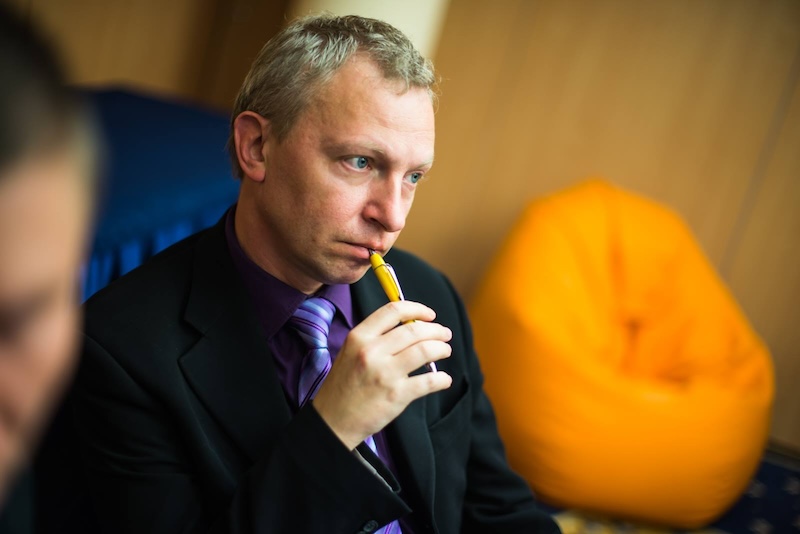
The moderator says that discussions about films surprise him: “Sometimes we watch a film about a certain topic, and during the discussion, the audience raises many other important questions. They learn to watch and understand documentaries. For example, we recently watched ‘Hotel 22’ by American director Elizabeth Lo. Its protagonists are homeless people, and homelessness is the main theme of the movie. But the audience also noticed many other issues that affect everyone. We talked about discrimination, stereotypes and ways of overcoming them, and finally, about attitude towards others and respect for their dignity. No lecture on this topic would have had the same effect as watching and discussing the film.”
At his film club, Vasyl Shestakov instills love towards documentary films and educates the audience on human rights. He is convinced that systematic attendance of the film club events causes profound changes in people's minds and, consequently, in the life of the community. “We have found a different way to work with people and open new horizons for them. It is exciting and inspiring,” says the moderator.
Olha Kyianytsia, journalist
Photos from the archive of Vasyl Shestakov
The development of the DOCU/CLUB Network is funded by the United States Agency for International Development (USAID), the Embassy of Sweden in Ukraine, the National Endowment for Democracy (NED) and the Fondation de France.
The opinions, conclusions, or recommendations are those of the authors and compilers of this publication and do not necessarily reflect the views of the governments or charitable organizations of these countries. The authors and compilers are solely responsible for the content of this publication.



